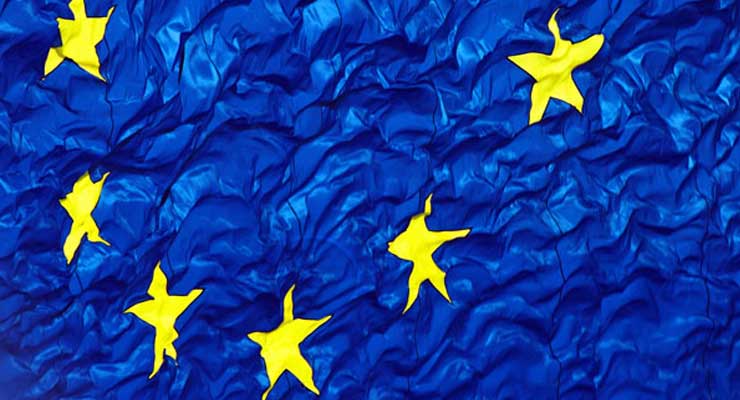 The European Commission has published its inaugural list of non-EU websites and firms that they deem responsible for piracy and counterfeiting abuse of European products, including films and music.
The European Commission has published its inaugural list of non-EU websites and firms that they deem responsible for piracy and counterfeiting abuse of European products, including films and music.
The Watch List aims to encourage the operators of these marketplaces, local enforcement authorities and governments to take action to crack down on intellectual property abuse. It also aims at making EU citizens aware of the environmental, product safety and other risks of purchasing from problematic markets. The list can be downloaded from here.
The Watch List has four focus areas: websites providing copyright-protected content, e-commerce platforms, online pharmacies as well as physical marketplaces. The list will be updated every two years.
“Intellectual property infringements are a scourge on the European economy, decreasing investment and government revenues, and killing jobs in our creative and innovative industries,” said Commissioner for Trade Cecilia Malmström.
“They also pose a significant risk to our citizens who often simply do not know whether what they are buying is safe or not. Furthermore, the link between counterfeiting and organised crime poses a major threat to our society. This Counterfeit and Piracy Watch List is part of our broader effort to ensure that European companies can operate on a level playing field when trading outside the EU’s borders, and that EU consumers are safe.”
Piracy is a huge problem for the EU’s creative industries. Illegally available content undermines creators, artists and other content producers by depriving them of the income they need to sustain their work.
The EU’s list focused on a number of different technologies that facilitate infringement:
– Cyberlockers – a type of cloud storage system that allows users to store and retrieve digital files.
– Stream Ripping Websites – Websites or applications that allow a user to convert a legal or quasi-legal content stream such as music on YouTube or Netflix into a local file that can then be re-shared. – – Linking or referrer websites – these websites aggregate links to content that is stored on other websites, such as cyberlockers (see above).
– Peer-to-peer/Torrent services – these are services that allow users to search and download content from other users connected to the same network via a BitTorrent client.
Sites the EU identified as problematic include Popcorn Time and several hosting services, including the US-based CloudFlare, which the list identified as being used by approximately 40% of the pirate websites in the world.
A partial list of the sites the EU identified in its list follows:
Cyberlockers: Rapidgator.net (rg.to); Uploaded.net (ul.to, uploaded.to); Openload; 4shared.com; Sci-hub.tw/#about and Library Genesis Group
Torrent sites: ThePirateBay.org; Rarbg.to; Rutracker.org; Torrentz2.eu; and 1337x.to
Linking sites: Fullhdfilmizlesene.org; Seasonvar.ru; Dwatchseries.to; 1channel.ch; and Rnbxclusive.review
Stream ripping services: H2converter.com; and Downvids.net